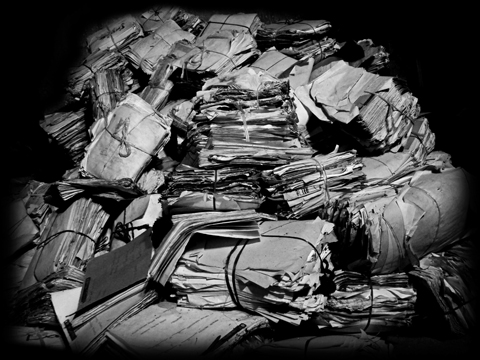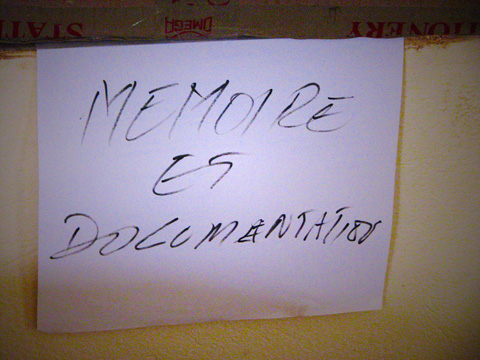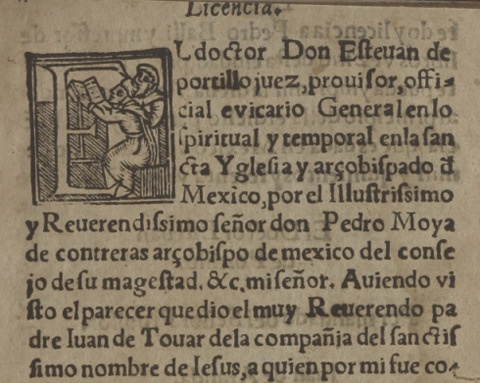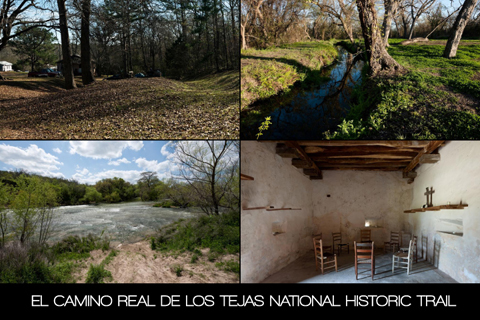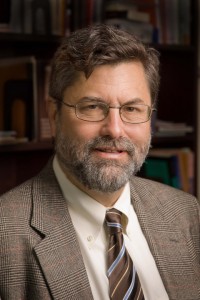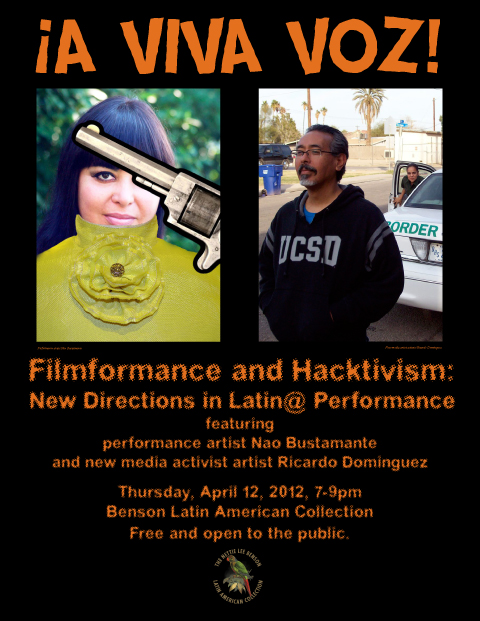
For its tenth annual salute to Latino culture occurring this evening, “¡A Viva Voz!” aims to wake audiences up with a couple of artist provocateurs.
Nao Bustamante and Ricardo Domínguez create works that draw upon new media and information technology to inform and provoke dialogue on Latino cultural and political issues.
The performance artists will present their work at the Benson Latin American Collection in Sid Richardson Hall, from 7-9 p.m., tonight, Thursday, April 12. The event is free and open to the public.
Nao Bustamante’s work employs video installation, visual art, filmmaking and writing, but she is perhaps best known for her absorbing and sometimes outrageous performance art (such as faking her way onto The Joan Rivers Show as a “stunt exhibitionist” in 1992). Popularly known for her appearance in the Bravo Network television show “A Work of Art: The Next Great Artist,” she has also exhibited at the Institute of Contemporary Arts in London, the New York Museum of Modern Art, the Sundance Film Festival and the Kiasma Museum of Helsinki. She is currently an associate professor in the Department of Arts at Rensselaer Polytechnic Institute.
Ricardo Domínguez is a co-founder of the Electronic Disturbance Theater, a group who developed Virtual-Sit-In technologies in 1998 in solidarity with the Zapatista communities in Chiapas, Mexico. His recent projects include the Transborder Immigrant Tool, a GPS cellphone safety net tool for crossing the Mexico/U.S border and “Drones at Home,” an exhibition on drones, drone economies and art. Domínguez is also an associate professor in the Visual Arts Department at Univeristy of California-San Diego.

